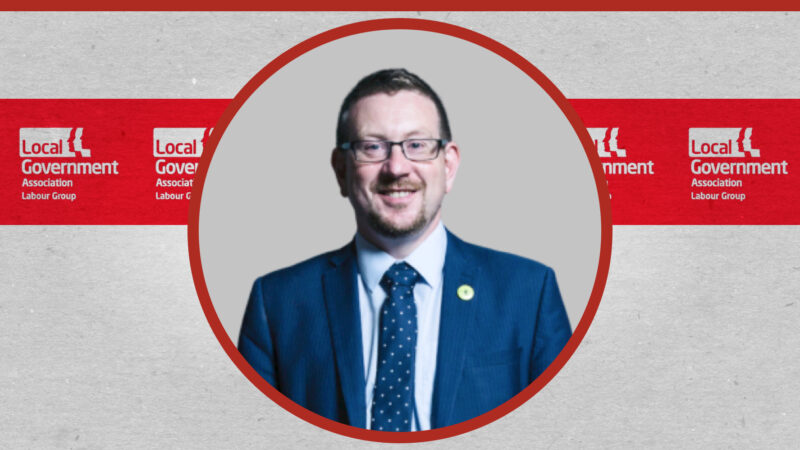
The ‘fair funding review’, which will affect how funding is allocated and redistributed between local authorities from 2020 onwards, has been exposed as another cynical Tory plan. We know that it risks leaving more sick and vulnerable people without the care they need – particularly areas that voted Conservative for the first time at the last general election.
A decade of Conservative cuts and inaction has pushed the crisis in social care to breaking point. Despite the Prime Minister’s claim last year to have a plan to fix the crisis, any questions about the details of this elusive scheme are met with silence. Instead of the plan we were promised, councils are now bracing themselves for even more cuts to social care funding as part of the ironically named ‘fair funding review’.
Research from the Local Government Association has revealed that this funding review would see hundreds of millions of pounds of social care funding cut from local authorities like Stoke-on-Trent and Rotherham, and channelled towards Tory shire county councils including Surrey and Buckinghamshire. The vast majority of the so-called ‘red wall’ will be hardest hit by this change – an area that represents 70% of Conservative gains in the 2019 general election.
The review will also see £300m of funding funnelled from less affluent Labour councils to areas that are Conservative-controlled. I know that despite having one hand tied behind their backs, our Labour councillors will continue to innovate, make our towns and cities safer, protect and support the most vulnerable in society. But these cuts will have consequences.
Even worse than the politically partisan way in which these cuts will be made is the effect on levels of inequality. The ten most deprived local authorities in England will face a 13% cut on average, whilst the wealthiest will see their budgets grow on average by 13%. Funding for social care for older people is due to drop in London, the West Midlands, the North East, and the North West, but the South East and South West will see an increase.
These changes flow from a new formula that will dramatically reduce the importance of deprivation when calculating funding allocations, in favour of ‘per head’ funding and a focus on providing more funding to rural areas. The IFS has criticised this approach, arguing that the evidence basis is “weak”, while researchers at the University of Liverpool have questioned the government’s calculations. The government’s own research also shows that over half of local services are not affected by sparsity, and of those remaining 31.1% were less expensive. The National Audit Office agreed with our concerns about this new formula and has agreed to independently scrutinise the changes.
I genuinely believe that, across all political parties, nobody stood for election in 2019 to introduce legislation that would make things worse for their constituents. I have already written to all of the new Tory MPs, urging them to stand shoulder-to-shoulder with Labour to defend the people that elected them and urging them to vote with us in this week’s opposition day debate. This week, new Conservative MPs have to choose if they are going to stand up for the communities that they now represent or if they will be prioritising their own careers. This vote will be a major test – their constituents will not forgive and will not forget if they fail.




More from LabourList
Restoration announce recommendations for NEC candidates
‘Factionalism at the top is weakening Labour – and handing a gift to Reform’
‘Europe must stand strong on its own as US security guarantees grow conditional’